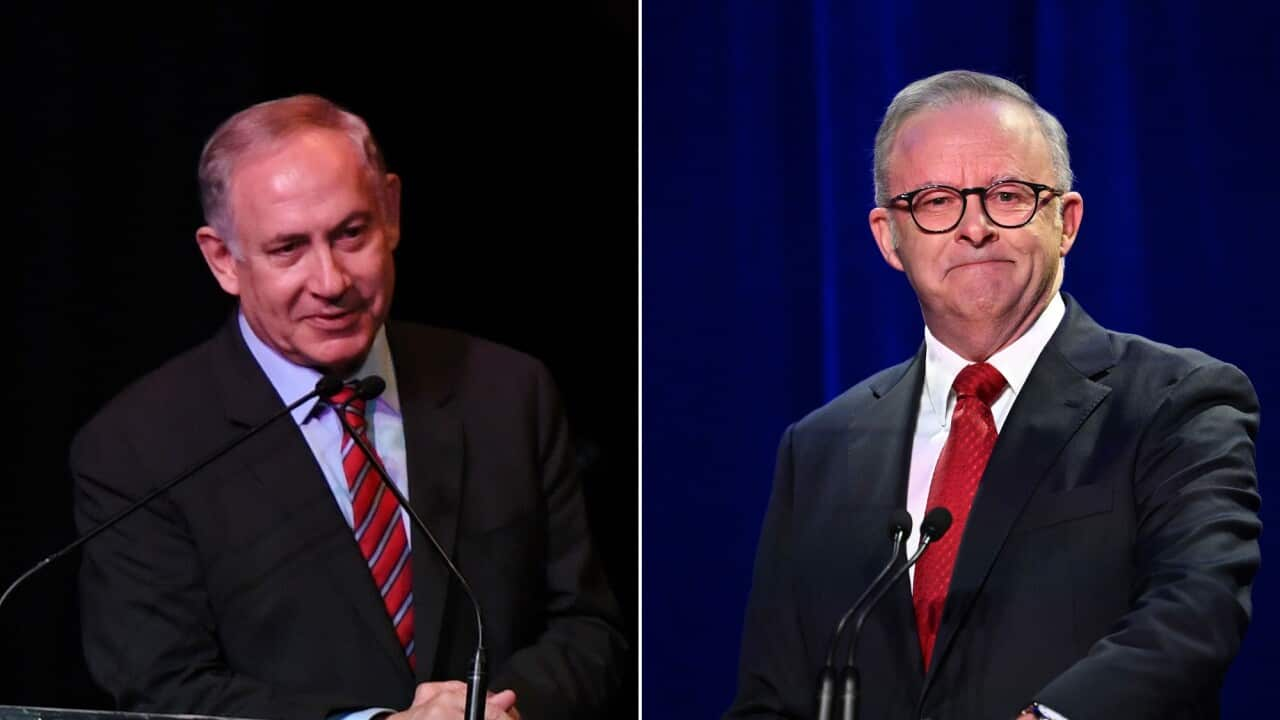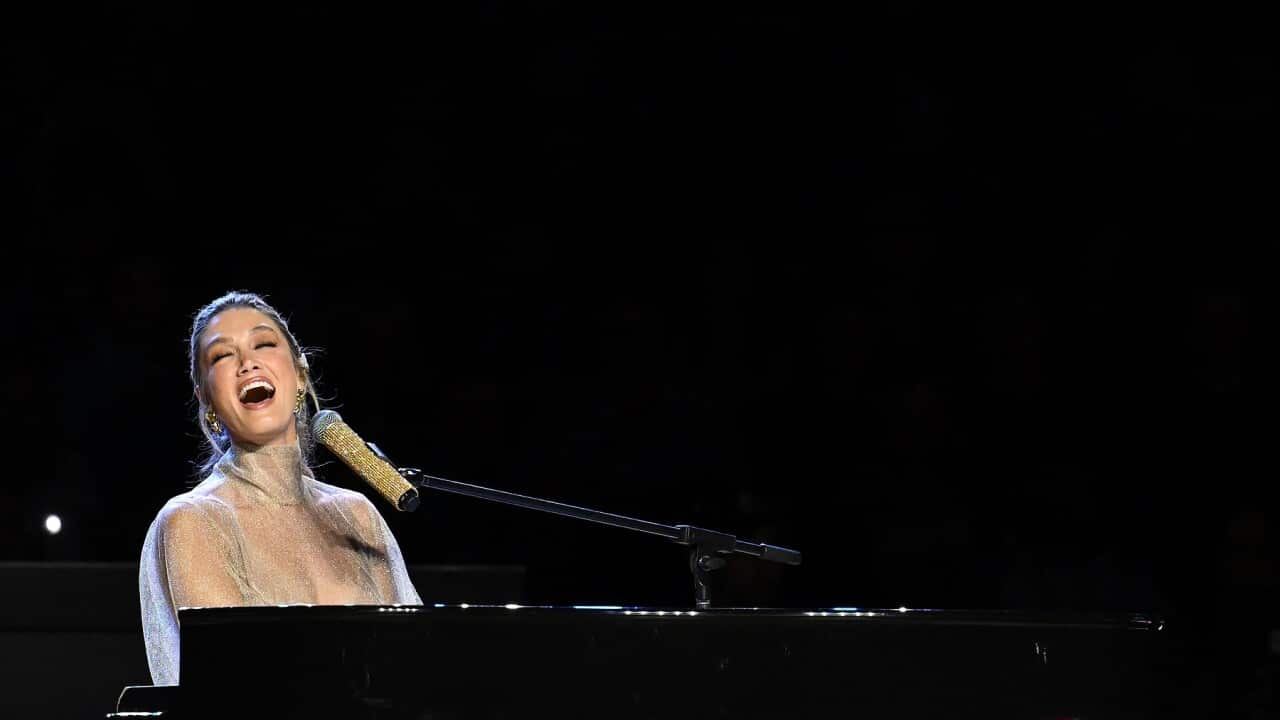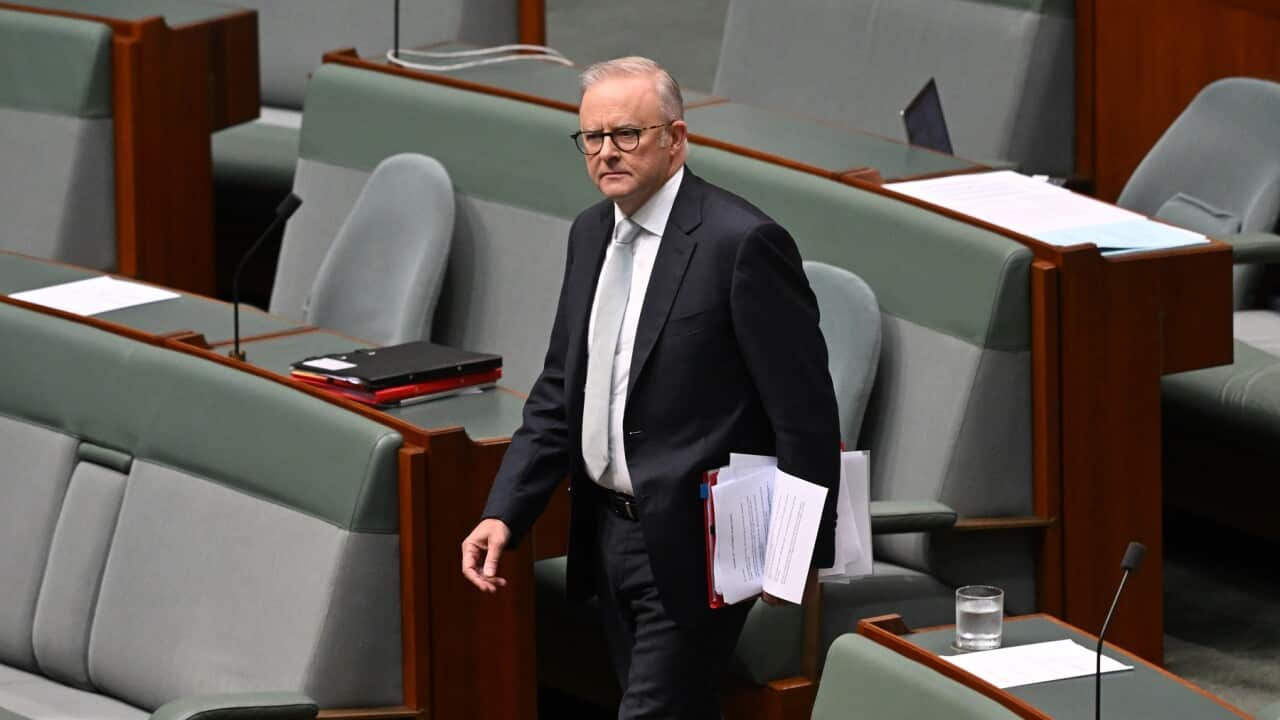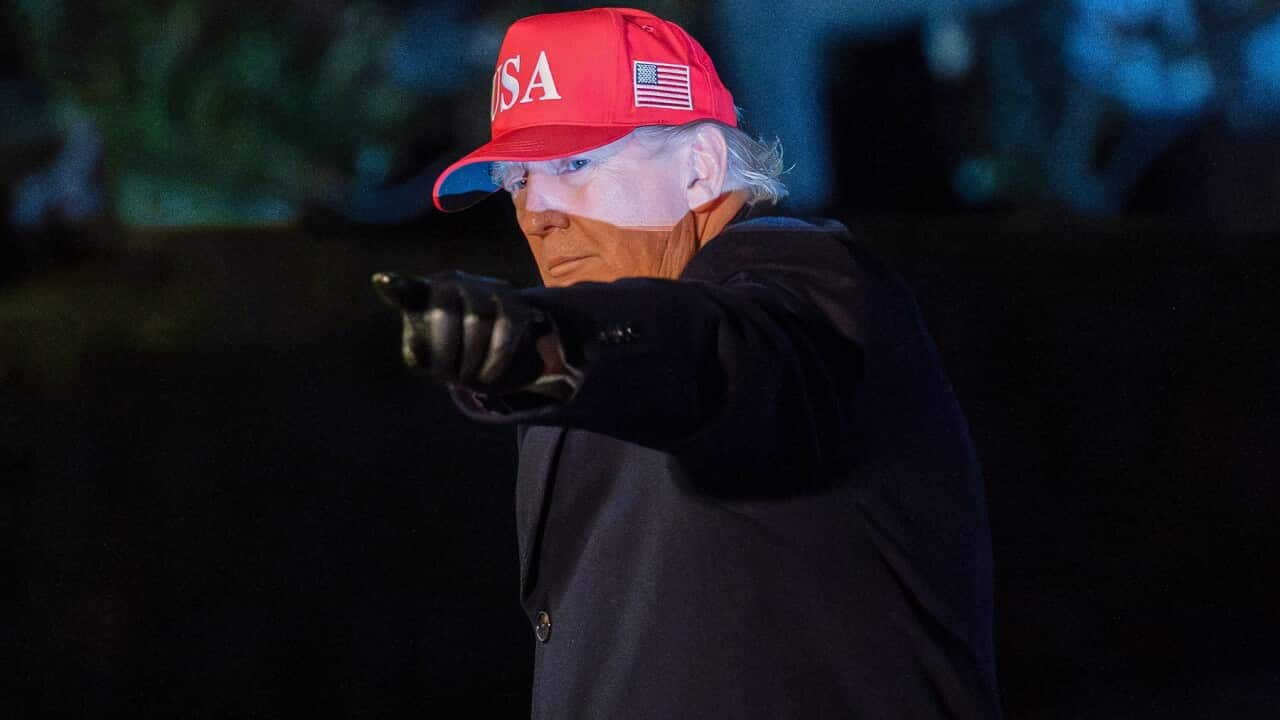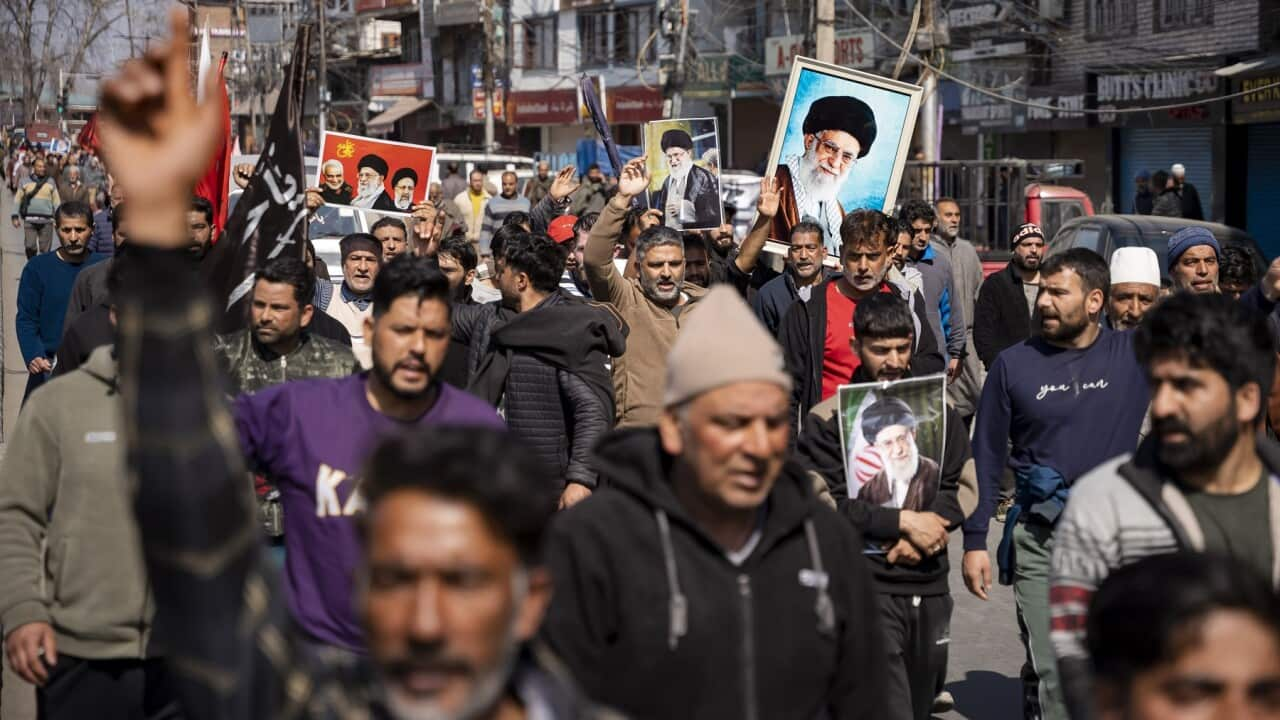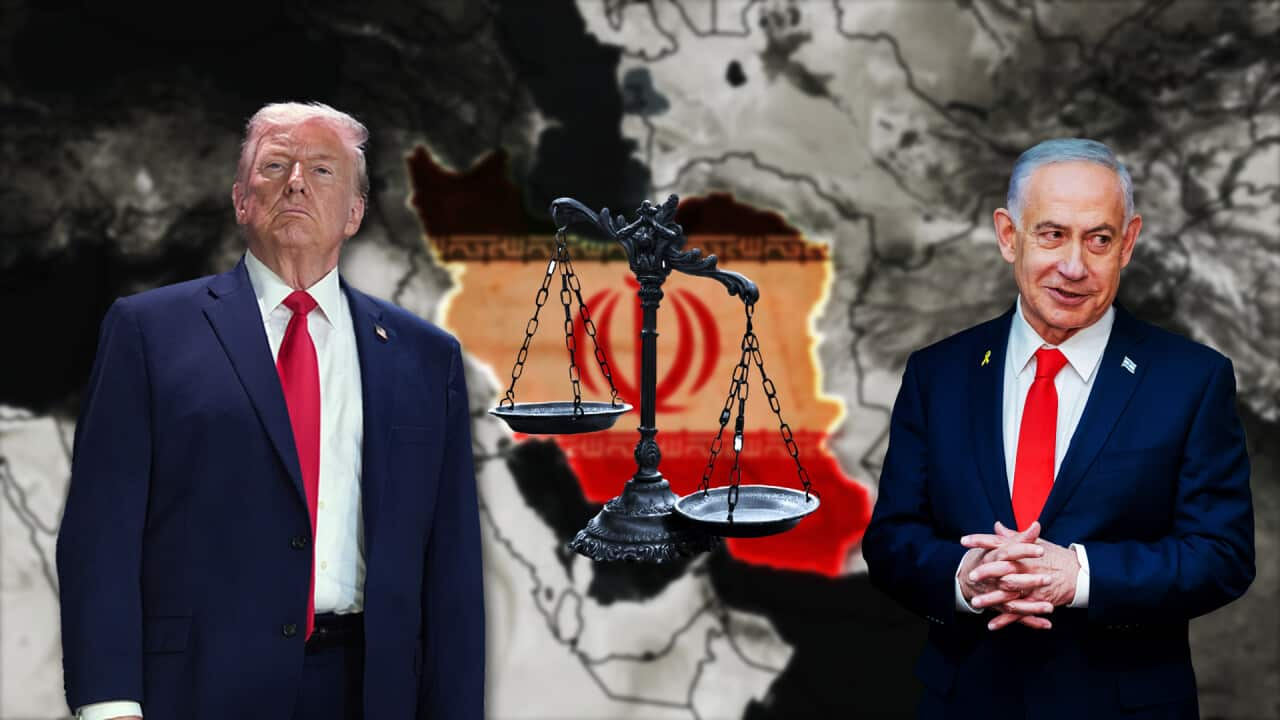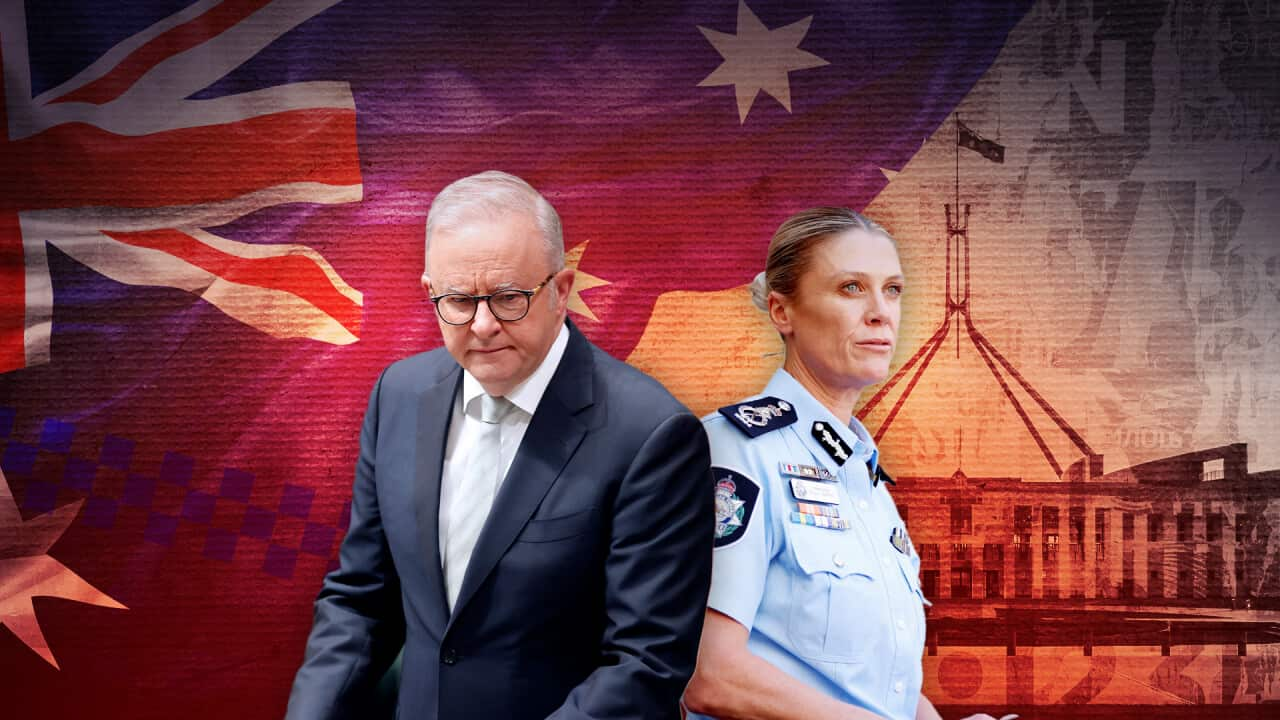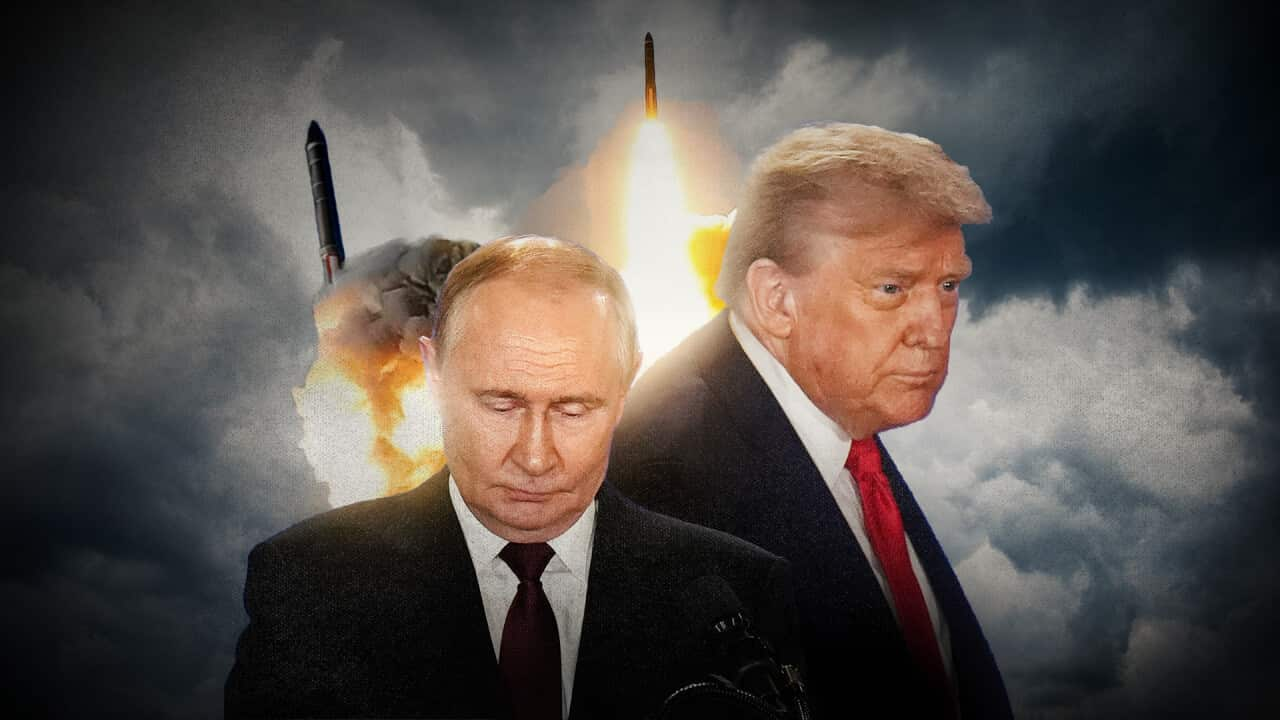Listen to Australian and world news, and follow trending topics with SBS News Podcasts.
TRANSCRIPT
The fallout continues following the decision by Australia to join France and the United Kingdom in recognising Palestinian statehood in September at the United Nations General Assembly.
Israeli Prime Minister Benjamin Netanyahu expressed anger over the decision earlier this week, calling Prime Minister Anthony Albanese weak.
He repeated those remarks and more in an interview with Sky News' journalist Sherri Markson, who is Jewish and has been open about her solidarity with Israel.
In the interview, Mr Netanyahu was asked by Ms Markson why he considered Mr Albanese would be remembered as what she called a weak politician.
"Well, look I'm sure he has a reputable record as a public servant, I think his record is forever tarnished by the weakness that he showed in the face of this Hamas terrorist monsters, you know when the worst terrorist organisation on Earth is sabotaged, murdered women, and raped them, beheaded men, burnt babies alive in front of their parents, and took hundreds of hostages. When these people congratulate the Prime Minister of Australia, you know something is wrong."
Mr Albanese said he doesn't take the criticism from Mr Netanyahu personally, adding that he feels comfortable with the way he approached the situation when he chose to have a frank discussion with Mr Netanyahu about Australia's position, giving him a chance to outline a political solution to end the conflict in Gaza.
Finance Minister Katy Gallagher says Mr Albanese has her full support - and it is for the Australian government to decide its policy.
"They obviously don't agree. How they choose to respond is a matter for them, but we are focused on the right decisions being made here."
Ms Gallagher says she praises the Prime Minister for showing strength.
"Well, I work for the prime minister. I work closely with him. And that (weak) is the last word that I would use to describe our prime minister. He is principled, strong. He is thoughtful. He takes time to make decisions. And I think the world could do with lots of leaders like him."
Also adding to the bilateral tensions is the decision to revoke the Australian visa of Israeli politician Simcha Rothman, after he said Palestinian children were considered the enemy.
The Home Affairs department determined Mr Rothman would be a risk to social cohesion and the Islamic community in Australia.
Speaking to SBS Hebrew, Mr Rothman claimed he never made the comment.
"I did not say children are the enemy. I said the Gazans and Hamas are enemies. They've been taught from day zero that they should kill all Jews."
Federal opposition leader Sussan Ley says it is important the bilateral relationship is repaired.
"Anthony Albanese has mismanaged the relationship, and that mismanagement clearly has consequences. But what matters today is that we work hard together to get the relationship back on an even keel."
Crossbench Senator Jacqui Lambie says it is important to look beyond the diplomatic tensions.
"This is just a distraction of playing school, schoolboys’ crap is all they're doing. They're embarrassing themselves, and they're embarrassing their countries."
Senator Lambie has written to the Prime Minister and the Foreign Minister, calling for them to lobby for UN peacekeepers to be sent into Gaza.
"Take a resolution to the UN to put blue helmets down there on that Gaza Strip and making sure that aid and food gets through."
Such a proposal for UN peacekeepers would require Israel to agree.
It would also require approval from the United States at the UN Security Council.
But as the Parliament returns next week, the issue can be expected to be high on agenda for both parties.
